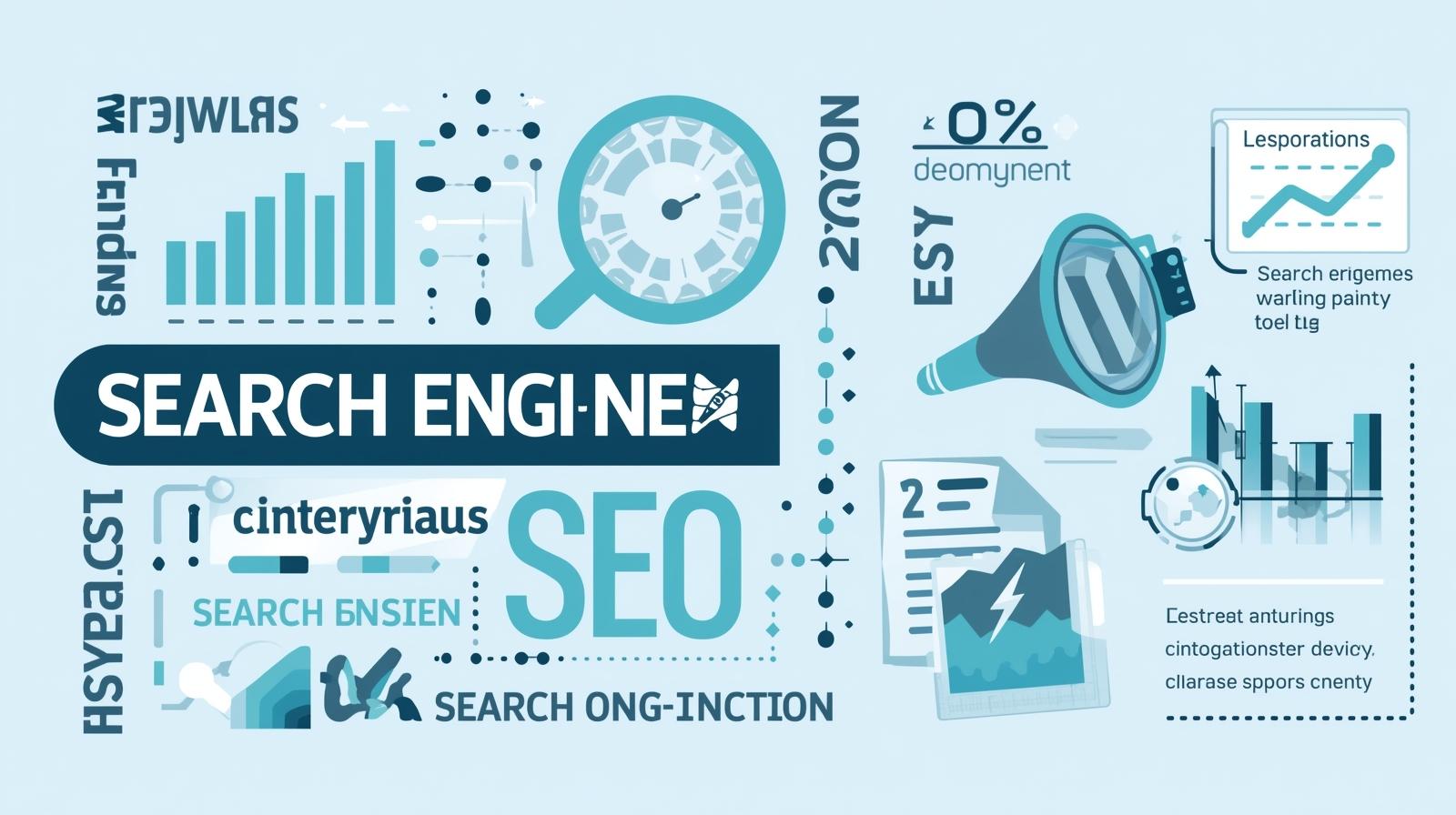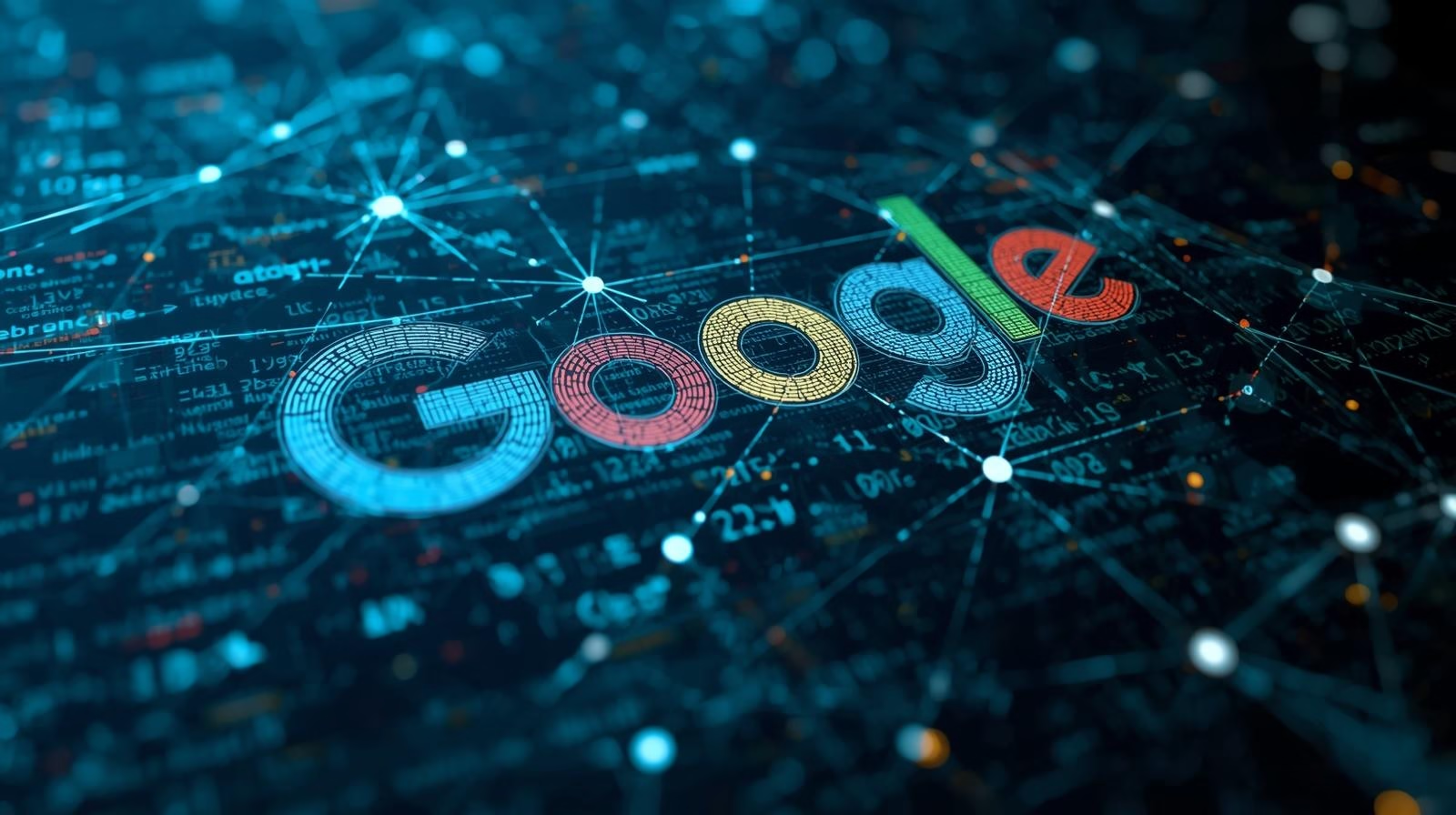If you’ve ever wondered why some websites show up on the first page of Google while others are buried deep in the results, the answer often comes down to SEO (Search Engine Optimization). Whether you’re a business owner, blogger, or marketer, understanding SEO is one of the most important skills you can learn online.
In this beginner-friendly guide, we’ll break down what SEO is, why it matters, and how it works, without overwhelming jargon. By the end, you’ll have a clear roadmap of SEO basics and practical steps you can start applying to grow your online presence.
What is SEO?
SEO, or Search Engine Optimization, is the practice of improving a website’s visibility in search engines like Google, Bing, or Yahoo. When done right, SEO helps your website appear higher in search results when people look for products, services, or information related to your niche.
Think of SEO as digital real estate. The higher your site ranks, the more likely people are to “walk into your store.” It’s essentially free, organic traffic, unlike paid ads where visibility ends the moment you stop spending.
Why is SEO Important?
The importance of SEO goes beyond just getting clicks. Here’s why it matters:
Increases visibility: The majority of online experiences begin with a search engine. If you’re not ranking, you’re missing out on potential customers.
Builds trust and credibility: Websites on the first page are perceived as more trustworthy.
Cost-effective marketing: SEO traffic is free compared to paid advertising.
Long-term growth: A strong SEO foundation keeps bringing in visitors for months or years after the work is done.
Example: Imagine two coffee shops in your neighborhood. One has a bright sign right on the main street (optimized for visibility), while the other is tucked away in a hidden alley (no optimization). Which one gets more foot traffic? SEO is that sign on the digital main street.
How Do Search Engines Work?
Before we dive deeper, it’s essential to know how search engines actually function. Search engines like Google follow three main steps:
1. Crawling
Search engines send out bots (called crawlers or spiders) to scan the internet. They follow links and collect data about web pages.
2. Indexing
Once pages are crawled, search engines store them in a giant database (the index). Think of it as a library catalog where every page is filed.
3. Ranking
When you search for something, the engine uses algorithms to determine which indexed pages are the most relevant, displaying them in order of importance.
The Main Types of SEO
SEO isn’t just one thing, it has different components that work together. Let’s break them down:
On-Page SEO
This is everything you do on your website to optimize it:
Using target keywords naturally in content.
Writing clear, engaging meta titles and descriptions.
Optimizing headings (H1, H2, H3) for structure.
Adding internal links to guide readers and search engines.
Ensuring images have descriptive alt text.
Example: A blog post titled “Best Coffee Beans for Espresso” should include that keyword in the title, headers, meta description, and throughout the content naturally.
Off-Page SEO
This is about building your website’s authority from the outside:
Getting backlinks (links from other websites to yours).
Being active on social media.
Listing your business in directories (like Google Business Profile).
Think of it as your site’s reputation. The more people recommend your content by linking to it, the more search engines trust you.
Technical SEO
Behind-the-scenes work that makes your site easy for search engines to crawl and index:
Fast page speed.
Mobile-friendly design.
Secure (HTTPS) connection.
XML sitemaps and clean site architecture.
Local SEO
For businesses targeting local customers, local SEO is a game-changer:
Optimizing for “near me” searches.
Creating and updating your Google Business Profile.
Gathering customer reviews.
SEO Ranking Factors You Should Know
Google uses over 200 ranking factors in its algorithm, but here are the most important ones:
High-quality content – Content that is useful, original, and satisfies user intent.
Backlinks – Links from authoritative sites pointing to your content.
User experience (UX) – How easy and pleasant it is to navigate your site.
Page speed – Fast-loading pages keep visitors engaged.
Mobile optimization – More than 60% of searches happen on mobile devices.
Keyword relevance – Matching content with what users are actually searching for.
Common SEO Mistakes Beginners Make
Even with the basics in mind, many beginners trip up. Watch out for these pitfalls:
Keyword stuffing (forcing keywords unnaturally).
Thin content (pages with very little value).
Ignoring technical SEO (slow or broken sites).
Not tracking results (no analytics or SEO tools).
How to Get Started with SEO (Step-by-Step)
Do keyword research – Use tools like Google Keyword Planner, Ahrefs, or Ubersuggest to find terms your audience searches for.
Optimize your content – Write helpful, keyword-rich blog posts, product descriptions, or guides.
Improve your website speed – Compress images, use caching plugins, and choose good hosting.
Build backlinks – Reach out for guest posts, partnerships, and quality link opportunities.
Track and adjust – Use Google Analytics and Search Console to see what’s working and what’s not.
SEO vs. Paid Advertising: What’s the Difference?
Both can bring traffic, but they work differently:
SEO: Takes time, but builds long-lasting organic traffic.
Paid Ads (PPC): Brings immediate results but requires continuous budget.
Smart marketers often use both. Paid ads deliver instant traffic while SEO builds a foundation for sustainable growth.
People Also Ask
1. How long does SEO take to work?
Typically, you’ll start seeing results within 3–6 months, depending on competition, strategy, and consistency.
2. Do I need to hire an SEO expert?
Not always. Many beginners can start with basic SEO practices. However, hiring an expert can speed up results and handle complex technical issues.
3. Can I do SEO for free?
Yes! Writing great content, optimizing pages, and building backlinks can all be done for free. Tools like Google Analytics and Search Console are also free.
4. What are keywords in SEO?
Keywords are the words or phrases people type into search engines. Optimizing content around the right keywords helps match your site with search intent.
5. Is SEO better than social media?
It depends on your goals. SEO brings steady, long-term traffic from search engines, while social media drives short-term engagement and brand awareness.
SEO might seem complicated at first, but at its core, it’s about making your website useful, accessible, and trustworthy for both people and search engines. By focusing on high-quality content, technical improvements, and building credibility, you can create a digital presence that consistently attracts visitors.
If you found this guide helpful, share it with others or drop a comment with your questions, I’d love to hear your thoughts. And if you’re ready to take your SEO learning further, start applying these steps today, the sooner you begin, the sooner you’ll see results.



